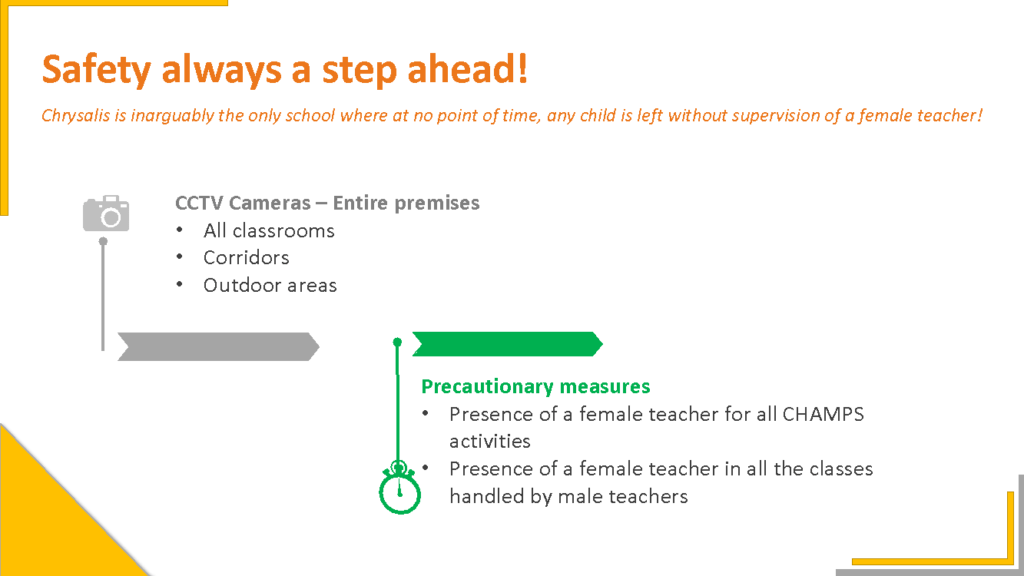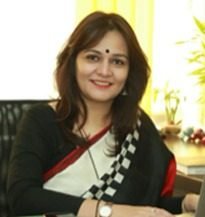“Education is not preparation of life; education is life itself.”
-John Dewey
Education is a way of life that differentiates humans from the rest of the beings. It is a powerful weapon that can transform a beast into a civilised individual. When a child is born, he is a slave of his instincts, but education guides his instincts and makes him a mature and wise being. An educated mind is more rational and logical and can contribute towards building up a sound society. It empowers people and makes them more efficient.
According to some educationists the word ‘education’ has come from the Latin word “educare’ which means ‘to bring up’ or ‘to raise’. While others opine that the word ‘education’ has originated from the other Latin term ‘Educate’ which means ‘to lead forth’ or ‘to come out’. Since its origin the concept of education has been defined in different ways by various educationists and philosophers.
The western philosophers like Socrates, Plato, Spencer and Aristotle have often propagated the importance of education in human life. Aristotle’s view of education was different from that of his predecessors Socrates and Plato. He believed in the purposefulness of education. According to Socrates and Plato, “the aim of education is to attain knowledge.” To them the attainment of knowledge was necessary, and it was a virtue by itself. Aristotle, however, had a different view. To him the aim of education was not only the attainment of knowledge but also the attainment of happiness or goodness in life. He believed that virtue lies in the attainment of happiness or goodness. Thus, to him the aim of education was the welfare of individuals to bring happiness in their lives.
In India, the importance of education dates back in the Vedic period. As defined in Rig- Veda, education is something which makes man ‘self- reliant’ and ‘selfless’. As inscribed in the Bhagavad Gita, “Nothing is more purifying on earth than wisdom.” Eminent Indian educationists like Shankaracharya, Panini, Swami Vivekananda, Rabindranath Tagore, Mahatma Gandhi etc. came up with their evolving concepts of education. However, all these concepts speak of a singular aim- the purpose of education is self-realization and using one’s knowledge to emerge as a better being.
Let us now find out why education is deemed so important in one’s life and how it contributes towards the growth of a nation.
An educated person is well-informed and thus, is capable of making rightful decisions. He is aware of his surroundings and is abreast of its consequences. He is well-equipped to face the challenges, and odds in his life. It also stimulates critical thinking and problem-solving abilities in a person.
As it is rightly put by Nelson Mandela, a country’s greatest wealth is its people. An educated man is no less than a valuable asset for his country. A knowledgeable person is more likely to generate income than his counterpart, thus contributing more towards the growth of national GDP. An educated person has better communicative and technical skills which might help him to get better job opportunities. Therefore, education plays a significant role in eradicating poverty and unemployment.
Education empowers people and fosters confidence in them. An educated man always holds his head high and speaks fearlessly. It is difficult to manipulate or deter the confidence of an educated person. Even in an unreceptive environment, he expresses his ideas and opinions clearly and confidently.
Education has a direct impact on the quality of life. This does not encompass only career success, hard work and economic status, but also the ways one spends their free time. Educated people possess several skills and hobbies that help them enjoy their life to the fullest.
It is a powerful tool that can be skilfully used to combat social injustice and discrimination prevailing in a society. It broadens one’s mental horizon allowing them to distinguish between ethical and unethical. Also, an educated person better understands his rights and responsibilities towards the society. He perceives a given problem in a better way and thus, behaves like a responsible and mature citizen.
A truly educated person understands the importance of peace and brotherhood. Education propels people towards acceptance and understanding of an array of different cultural and community perspectives. It helps one to rise over narrow prejudices and become more tolerant and express mutual respect for each other’s community.
The countless benefits of education propels the need to educate each and every member of a society. The process of learning starts right from birth. One does not acquire knowledge merely from the confined walls of a classroom, but it is available everywhere in bits and bytes. Based on the different ways of acquiring knowledge one can differentiate education into three different categories- Formal, Informal, and Non-formal.

On the other hand, Informal education is not imparted in any institution, nor does it have a set curriculum or learning methodology. It is something that a child experiences and learns unconsciously from his family or his surroundings.
The third category, Non-formal education includes adult basic education, adult literacy education or school equivalency preparation. One can learn literacy, other basic skills, or job skills through this method. Here too, education is imparted consciously and is implemented systematically. It is programmed to meet the needs of the identified group. Some examples of it would be vocational training, Scouts and Guide, music classes etc.
“Education is for improving the lives of others and for leaving your community and world better than you found it.”
-Marian Wright Edelman
Therefore, we conclude that learning is a continuous process and education is a life-long companion of any sensible person. Education is very crucial in one’s life as it plays a pivotal role in the growth and overall development of a person thereby propelling the growth of a nation.


